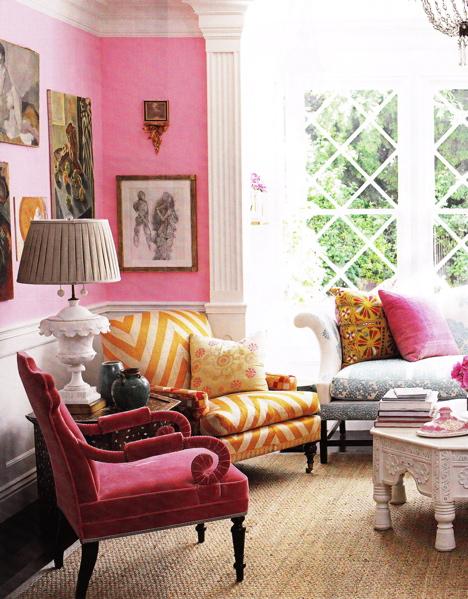For all my design obsessed Peeps -- Day 2/UNCONVENTIONAL GARDENS (For the Blind)
 |
RyoanjiZenGardenJapan photocouresyvirtualtourist.com |
Kind and wonderful persons in my life have made me quite aware of the challenges faced by many individuals in our society. The blind and visually-impaired and the manner in which they negotiate through the maze of obstructions, hazards, challenges, and limitations--as well as biases and prejudices on the part of others-- has always interested me. Probably the idea of losing my eyesight fills me with some fear, and as an artist and writer I strive try to understand how the lack of information provided by the sense of sight forces optimization of the other senses, which for the simple reason of survival must move quickly to complete a person's individual consciousness vis-a-vis the perceived world outside our body. Vision provides the brain with information of a large object moving towards us, this combined with the sound of a angry car's horn and compounded with the feel of a swoosh near our arm, as does the smell of a car's running engine and burnt tire-rubber makes us quickly realize that we have wandered from the sidewalk and onto the road, and the sudden appearance of goose-pimples means DANGER. Thankfully, seeing-eye dogs, canes, braille signs on street-posts, walk signs equipped with sounds or voice commands now help to facilitate navigation among streets and paths. Nevertheless, I don't see how it could be easy for the blind or visually impaired, much less the sighted pedestrian, who must contend with other walkers, joggers, bicyclists, skateboarders, Segway cruisers, tourists, panhandlers, dogs on leashes, baby carriages, strollers and red wagons, delivery carts, sandwich boards, thrash-cans, newspaper-stands, information-kiosks, parked food-trucks, and a thousand other distractions which make for a challenging journey.
Kind and wonderful people have made the journey throughout a garden very pleasurable for the blind and hearing-impaired by the establishment of gardens especially designed to stimulate the senses of smell, touch, and hearing. Access throughout the gardens are designed to allow easy access to touch and smell the plants; signs and information plaques are printed in braille; headphones also provide a recorded commentary as to the description, usage and origin of individual specimens; three-dimensional maps or legends are available for the visitor to touch and mentally recreate the layout of the garden (prior to entering the Zen rock garden in Ryoanji, Toyko a miniature model is located near the entrance, which allows the blind visitor to feel the location and shape of rocks, and the famous garden's overall layout). The sound of being outdoors is especially cultivated to allow the visually-impaired visitor to experience nature through the sounds of birds, water features, and musical wind-instruments. A list of gardens specially designed for the blind and visually-impaired can be easily found through an Internet search, or by visiting www.perkins.org, where detailed information is provided for gardens located in Pittsburg, Cleveland, Glendale, Seattle, Little Rock, and Fort Lauderdale.
Kind and wonderful people such as ourselves can make a difference by a small contribution to any of the organizations dedicated to preventing the loss of sight; these range from the Lyons Club, the Society for the Prevention of Blindness, Blind Veterans of Foreign Wars, the American Foundation for the Blind, the National Foundation for the Blind, and the European Blind Union, and many others. Better yet, each month volunteer a few hours to helping someone else and see your best self emerge.
Sincerely,
Shane
PS: Besides anything written by the incredible Helen Keller, A Natural History Of The Senses by Diane Ackerman gloriously explores how 'sense-luscious the world is,' and a joyous book to have for everyday inspiration.



Comments